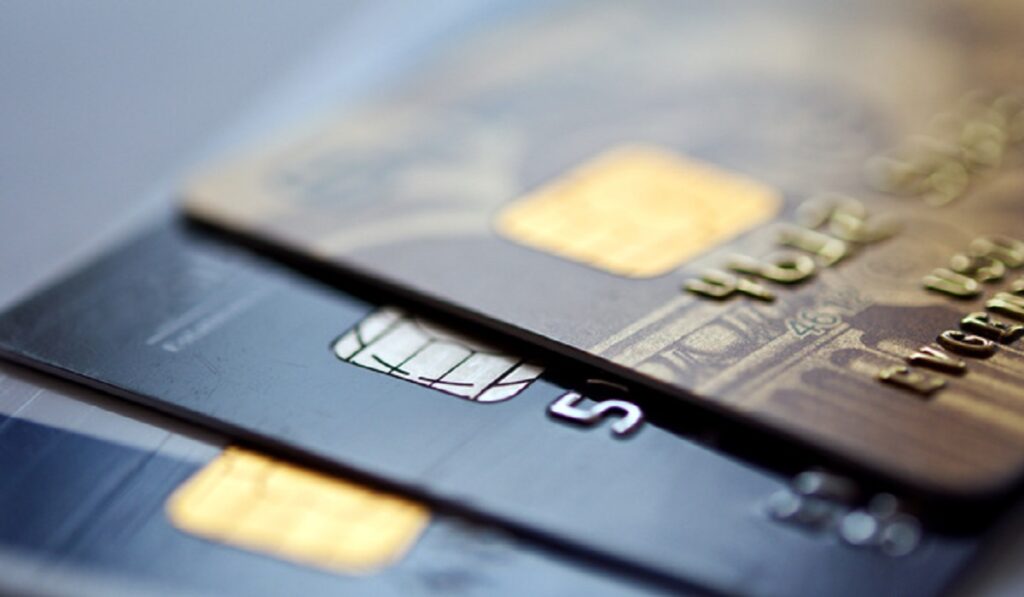How do I buy a car: Cash, auto loans or credit cards…

How you pay for your vehicle can have long-term impacts on your budget and lifestyle. Therefore, understanding its ramifications and operation are vitally important if making an informed decision. Below we explore three methods of buying cars: cash purchase, auto loan financing or credit cards and explore their pros and cons so you can choose one best suited to your financial situation and goals.
Payment with Cash:
Cash purchases of vehicles typically involve paying their full value up front through savings or assets, providing some advantages and disadvantages of this method of vehicle purchase:
Pros of Paying Cash Paying with cash will allow you to avoid incurring interest charges, saving both time and money over time. Furthermore, cash transactions are quick and simple without loan applications or credit checks being necessary; as soon as your purchase has gone through, ownership becomes yours immediately; offering considerable financial relief in terms of ownership rights and asset appreciation.
Cons: Savings Are Depleted: Expending an extensive part of your savings to purchase a car can reduce its capacity to cover unexpected expenses or invest in other opportunities.
Opportunity Costs Are Forgone: By opting to pay cash instead of financing it with interest payments, investors could lose out on investment gains that outstrip car loan interest charges by thousands per annum.
Limited Car Options: Your budget could prevent you from buying an older or used model car, which limits your options to either purchasing them outright or leasing one from someone. Auto Loans
Auto loans provide financing specifically tailored for purchasing cars. Consider these key aspects when applying:
Pros: Affordable Payments: mes Auto loans allow you to spread the costs over several years, making monthly payments simpler to manage.
Better Credit Scores: Successfully repaying an auto loan will improve your credit rating significantly.
One benefit of car loans: They allow you to buy more reliable, newer vehicles. But keep these in mind: mes Interest Costs Over time you’ll incur interest charges which increase the overall cost of owning one of these cars; whilst Down Payment Costs could prove expensive as they add extra expenses onto what can already be an expensive process of buying your dream ride.
Debt: Car loans will have an ongoing impact on your budget for many years to come, while credit cards offer less-common alternatives that could be used towards purchasing cars.
Pros of Credit Cards
Convenience Utilizing a credit card will expedite the purchasing process and may yield rewards or miles depending on which card you use, whilst an interest free period could allow temporary loans without interest accrual charges being levied against it. Cons of Credit Cards [[CC],] for instance]].
High Interest Rates: Unaware consumers often find themselves accruing debt quickly when credit card interest rates become high, leading to unmanageable amounts owed over time. Credit Usage Ratio (CURA) and your Credit Score. Whenever making large purchases it has the potential to significantly deteriorate a consumer’s CURA ratio as well as negatively affect both.
Limit of Acceptance: Unfortunately, certain car dealers and sellers do not accept credit cards when making large purchases.
Your payment for a new car should depend upon your budget, creditworthiness and financial goals. Before making this important decision it is wise to review your financial status carefully as well as seek professional guidance if needed.

Tips and Best Practices for Online Car Purchasing
Online car shopping has never been more accessible and convenient in today’s digital era, providing access to new or pre-owned vehicle purchases at your fingertips. While browsing is great way of discovering what vehicles may fit your criteria, using caution when making such a significant investment should always be used when buying online – this guide provides insights into successfully doing just that!
- Conduct Thorough Research: Research the model, year and make of car you want. Edmunds. Kelley Blue Book and Consumer Reports can offer additional useful details regarding pricing, reliability and reviews for you to consider when making this important purchase decision.
- Budgeting: Whilst creating your car budget, make sure that it includes not only its purchase cost but also taxes, registration costs, insurance premiums and delivery expenses.
- Search Reputable Sellers:
Search online classifieds websites, marketplaces or dealerships which have proven themselves reliable over time – checking with Better Business Bureau and reading customer reviews will allow you to check whether their seller can be trusted.
- Verify Vehicle History: Before buying, conduct thorough investigation on its history.
Utilizing the VIN (Vehicle Identification Number), you can obtain a history report on any car. This allows you to search up accidents, title issues and maintenance records using services like Carfax and AutoCheck.
- Communicating With The Seller:
Ask the seller for information regarding the condition, maintenance history and any concerns that you might have with their vehicle. Be wary of sellers who fail to respond appropriately or who provide incomplete answers.
- Arrange for a vehicle inspection:
Arrange for an experienced mechanic to conduct an in-person assessment if possible; many services also provide virtual vehicle checks through video calls.
- Concede Your Price: Don’t be intimidated into accepting whatever price the vendor gives. Shop around until you find one with fair conditions before agreeing on an acceptable cost.
- Secure Financing:
To ensure an effortless shopping experience and secure financing at competitive rates online lenders frequently offer great options to secure financing of purchases made without cash payment. - Review Contract Carefully: With each agreement comes terms regarding price, warranty coverage and additional charges such as “extra fees”. When reviewing a contract carefully it can help protect all parties involved by outlining all agreed upon aspects such as price and warranty coverage in writing.
- Arrange For Delivery or Collection of Order
Discuss how you will obtain the vehicle. Some sellers provide delivery while others require that it is picked up personally.
- Payment: to help safeguard yourself against fraud, always use safe payment methods to cover transactions.
- Transferring Ownership:
A title and bill-of-sale document may be needed when transferring ownership; you should follow DMV guidelines in your state for this transaction. - You should insure your vehicle:
Before driving your new vehicle, be certain it has proper insurance.
- Arrange to test drive and inspect on Delivery
Before accepting the vehicle, perform a final inspection and test drive in order to confirm its condition matches what was described.
- Consider leaving a Review: After every transaction, leaving feedback can greatly assist other buyers and help ensure a better experience overall for everyone involved in future deals.
Shopping online for cars may seem convenient but also presents risks. Before making such a major investment, always conduct ample research, trust your instincts, and take your time – this way you’re more likely to buy an online vehicle which suits both your budget and needs.
Are Dealerships Responsible for Registering Vehicles?
Many car dealerships provide registration services as part of the purchase process for customers, although these vary based on where and in what state/country the purchase takes place. As it’s essential that details of this type are discussed before finalizing a deal.

Here is an outline of the steps involved with registering your vehicle at a dealer:
Preparing Paperwork: Once you’ve purchased and registered your vehicle with a dealer, he or she will help complete all necessary documents for registration including an application to register the title under your own name and title change form.
Gather Documents Necessary: In order to complete an inquiry with any dealership, specific documents including proof of ID and residency verification. They’ll also require details regarding leasing or financing arrangements you might have made in advance.
Be prepared for processing fees: All applicable registration fees vary based on where and what kind of vehicle will be registered, so prepare yourself financially before beginning registration proceedings.
Submit Forms and Fees to the Appropriate Government Agency: Your dealership will submit all paperwork along with applicable fees directly to the government agency responsible for registering your vehicle, whether that’s DMV in your region or another similar service provider.
Temporary Tags or Plates: In some instances, dealerships offer temporary tags or plates so you can drive legally while waiting for permanent registration of your vehicle.
Reception of Permanent Registration: After registration has been successfully completed, your permanent plates, tags and registration documents may take anywhere between one to four weeks to arrive depending upon where you live and the work load of the registration agency.
Double-check that your dealership provides vehicle registration services and understand any fees or requirements associated with them. Some dealerships charge an administrative fee to handle registration for you.
If the dealership doesn’t provide registration services, you will have to complete it yourself. Visit your local DMV or relevant government agency – your dealership should supply any documentation needed for registration purposes.






